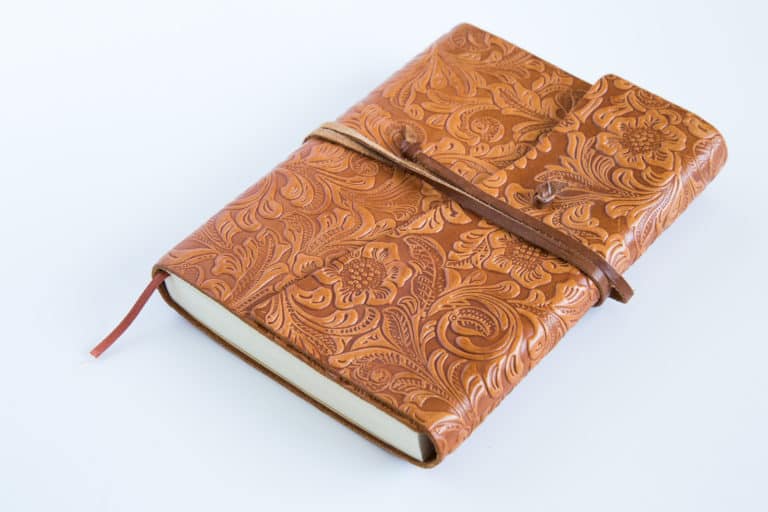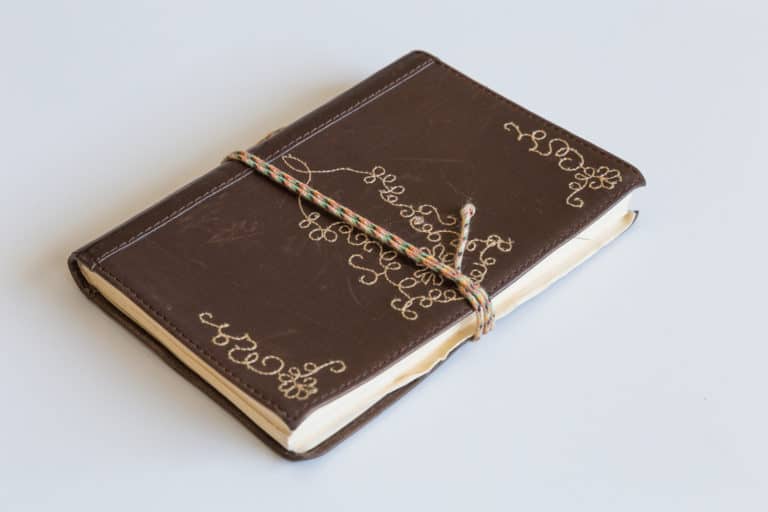Writing from The Heart: Can a Short Story Be a Diary Entry?
Have you ever wanted to express your deepest thoughts and feelings but are unsure how? Writing a diary entry can be a great way to capture these intimate moments. But what if you could take it one step further by writing a short story based on those same emotions? Can a short story become the inner monologue of our most private selves?
In this article, we will explore whether it is possible to use a short story to express personal growth or even as a diary entry. We’ll look at techniques for turning your unique experiences into narrative fiction that conveys emotion in powerful ways.
Using creative writing tools such as metaphor, simile, and dialogue, readers can travel through time with their memories and gain insight into who they are today. By the end of this article, you should have the confidence to share your stories with others – without sacrificing any part of yourself in the process!
What Is a Short Story?
A short story can take many forms, from a sprawling epistle to an intimate diary entry. As we explore the possibilities of what constitutes a ‘short story,’ it’s essential to recognize that technology has opened up entirely new realms for authors – allowing them to craft stories on their phones, tablets, and computers in ways never before possible.
But let us not get ahead of ourselves; firstly, what is a short story? Essentially, this type of fiction falls into the broader category of narrative writing, telling stories with characters, conflicts, and resolutions. It typically features limited settings and concise descriptions to focus more sharply on its main theme or purpose. What sets it apart from longer works such as novels is its shorter length – often between 1,000-7,500 words – making it easier to read in one sitting (or scrolling session).
In terms of structure and technique, writers employ numerous approaches when crafting these tales; some favor traditional linear plots, while others opt for nonlinear formats like stream-of-consciousness or flashbacks. Whatever method they choose, all good short stories must effectively draw readers in through engaging language and dynamic characterization – enabling them to truly connect with the protagonist’s journey toward resolution (which may be happily ever after or otherwise).
So now we come back again: could a short story also serve as a diary entry? The answer depends mainly on how you define your terms and the type of story you are trying to tell. If a story is written in a diary entry format and focuses on the protagonist’s personal journey, it could serve as a diary entry. However, if the story is written in a more traditional narrative form and is focused on a narrative plot, it may not be suitable for a diary entry.

What Is a Diary Entry?
Have you ever wanted to document your thoughts, feelings, and experiences? Writing in a diary gives us an outlet for our innermost musings. So what is a diary entry exactly?
A diary entry is essentially a personal reflection of the day’s events written by the author as they experience them. This could be done through creative writing, like poetry or prose, where we express ourselves freely without censorship. It can also involve factual accounts of things that happened during the day, focusing more on how those events impacted us emotionally. In either case, it’s about capturing our true selves on paper!
Diaries are often used as therapeutic tools to help people gain insight into their lives and cope better with difficult situations. They allow us to take stock of our mental health and create a safe space for self-expression which can result in increased well-being and positive change. As such, diaries don’t just form part of our memories; they become integral to who we are.
Writing in this way helps us keep track of our emotions and reflect upon life in ways that wouldn’t otherwise be possible, making it a precious tool for understanding ourselves better – both now and in the future. With this knowledge, we can achieve our goals and dreams!
Similarities and Differences Between Short Story and Diary Entry
Statistics show that 65% of people express themselves better through writing than speaking. Writing is a great way to get our thoughts and feelings out, so it’s no surprise many turn to diary entries or short stories as an outlet.
When comparing the two forms of expression, they have some similarities and differences. Short stories usually have a clear plot line with characters, settings, and themes. At the same time, diary entries focus on recording personal experiences in a stream-of-consciousness style. Both can be used as creative outlets, but their purposes differ – one focuses on entertainment while the other is often used for self-reflection and exploration.
Despite these distinctions, both forms offer unique benefits when expressing ourselves. Diary entries allow us to explore our innermost thoughts without fear of judgment since they’re private writings meant only for ourselves. On the other hand, short stories help us develop our creativity by honing skills such as storytelling and character development. It also allows us to make sense of life’s complexities by exploring different perspectives outside our own experience.
Writing either form provides us with an avenue for emotional release and healing, where we can simultaneously process our pain, joys, hopes, and fears without external interference or criticism. As we write down our ideas, reflect and share what matters most to us, we become empowered by controlling how we channel those emotions into words on paper.
Benefits of Writing Short Story as A Diary Entry
Writing a short story as a diary entry can be an incredibly rewarding experience. Doing so allows us to explore our innermost thoughts and feelings to create something meaningful and reflective of ourselves. Writing a short story this way will enable us to express our creativity while learning more about who we are as individuals.
One of the most significant benefits of writing a short story like this is that it gives us space for self-expression without judgment or criticism from others. Writing down our feelings on paper helps us better understand them, allowing us to process situations in ways that help bring clarity and understanding into our lives. Additionally, fictionalizing these events through creative expression helps us develop empathy towards those around us by exploring different perspectives outside our own.
Moreover, writing a short story as a diary entry provides both therapeutic relief and artistic outlet at once; we have the chance to connect with ourselves on a deeper level and share what we’ve learned with others if desired. It is often said that “a problem shared is half solved” – writing out difficult emotions can provide insight beyond just feeling seen and heard, which brings its unique kind of healing. With all this potential growth available at our fingertips, why wouldn’t you want to write your very own short story?
Moving forward, let’s look at how best to craft such an inspiring piece of work.
How to Write a Short Story as A Diary Entry
Writing a short story as a diary entry can be an incredibly engaging way to express your emotions and thoughts. It allows you to have complete control over the narrative, which can provide clarity and insight into who you are. To start writing this type of short story, it’s essential to consider how best to structure the piece before diving in.
To begin, think about the tone and style that will fit the content of your story. Will it be humorous? Heartfelt? Serious? The language should reflect what is written about without feeling too forced or artificial. Additionally, create an outline for each scene that will help keep things organized while providing enough detail on what happens next. This provides direction so that ideas don’t get lost during the creative process.
Finally, immerse yourself in the story by adding personal touches throughout. Consider incorporating sensory details like smells, sounds, textures, etc., or use dialogue between characters to bring life to the scenes. While crafting your short story diary entry may seem intimidating at first, with practice comes confidence, and soon, you’ll find yourself creating stories quickly and naturally!
Conclusion
It is certainly possible to write a short story as a diary entry. In doing so, we can create an intimate voice that allows us to engage with characters more meaningfully than traditional third-person narration techniques. Writing a short story as a diary entry will enable us to explore our thoughts and feelings while immersing ourselves in the fictional world created by our words.
“A journey of a thousand miles begins with one single step” applies here; start small and slowly build up your ideas until you have crafted something truly special. With some practice, anyone can learn how to effectively use this technique to craft stories that will delight readers for years to come.







